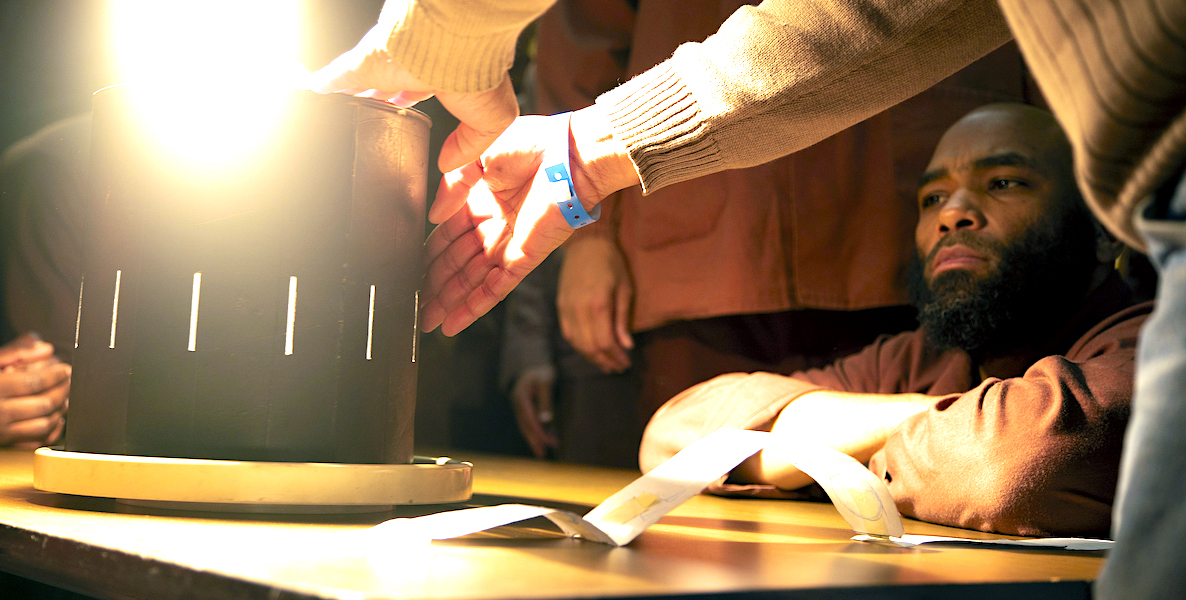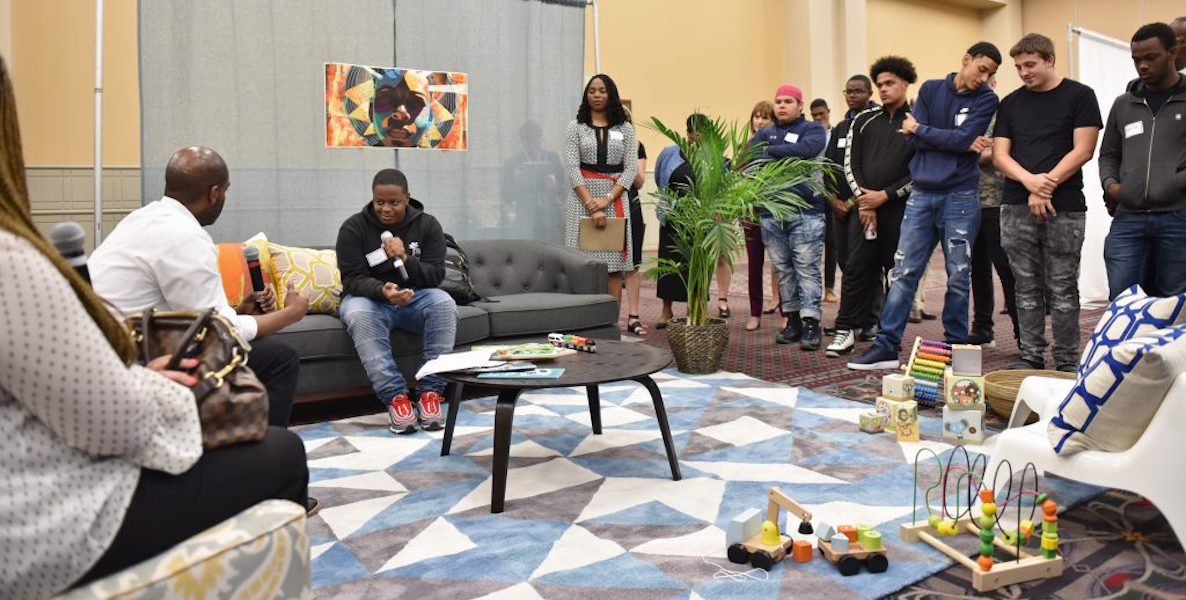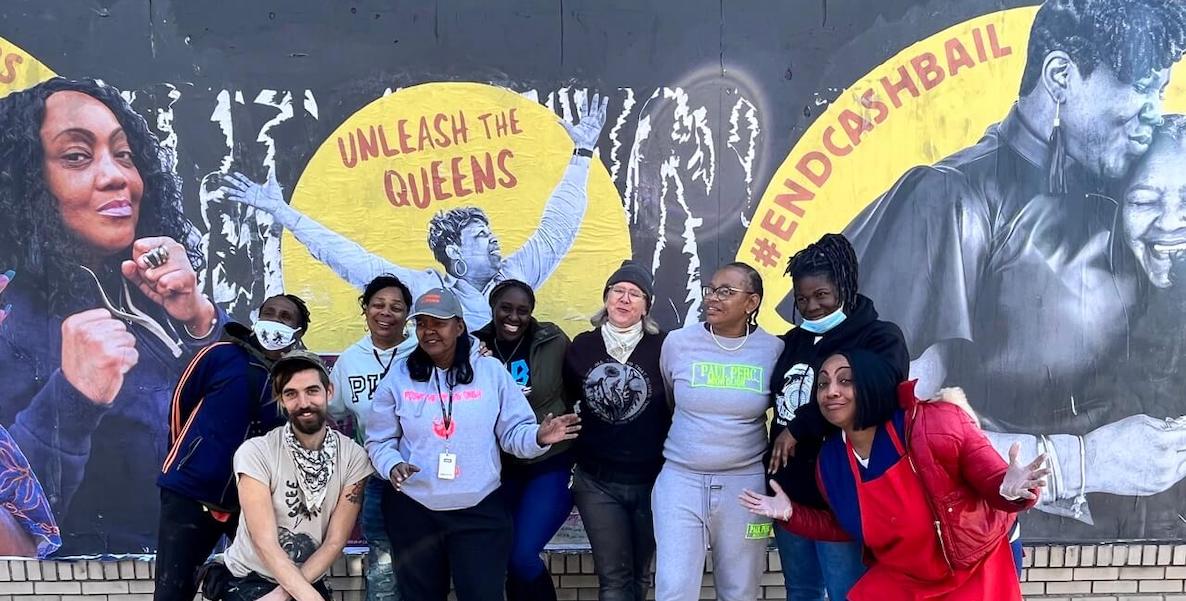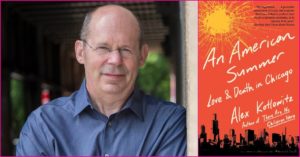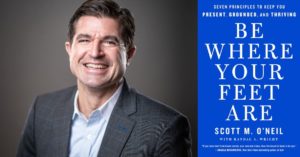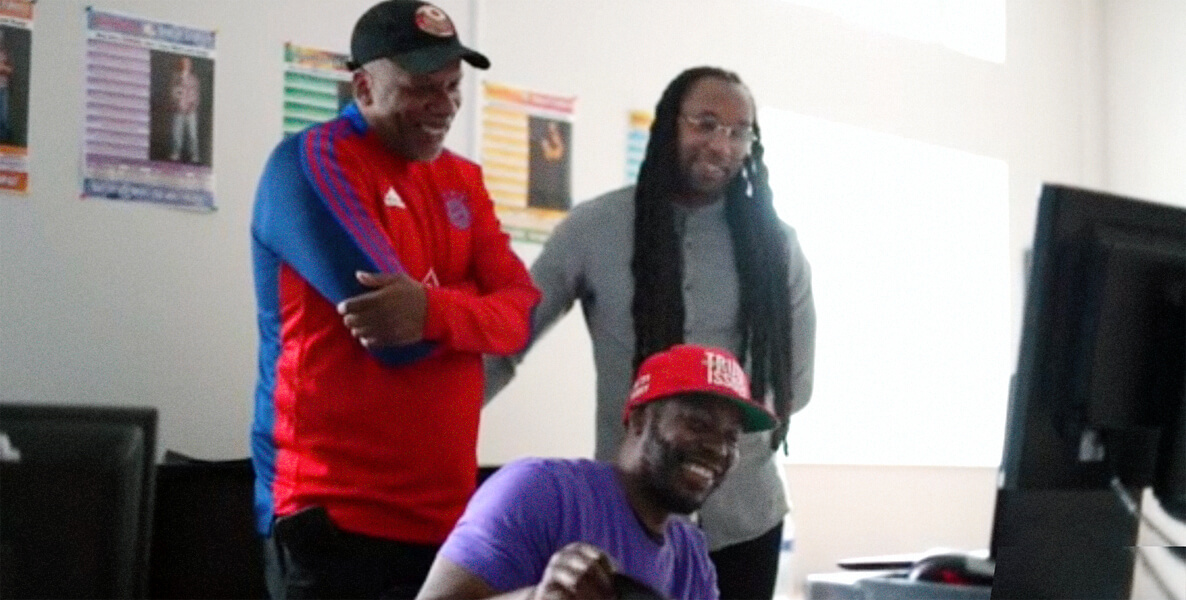On a cool afternoon this past spring, entrepreneur Brandon Burris sat before his Zoom screen, facing a panel of high-powered investors and, as entrepreneurs do, made his pitch. My Temporary Home, he told the panel, is a socially minded business that would serve a critical need in Philadelphia, providing LGBTQ+ citizens with a sober living house when they return home from prison.
Burris laid out his business plan, explaining to the group his customer base, and how he planned to become sustainable. But it’s his backstory that showed how Burris is different from the typical entrepreneur pitching in a Shark Tank-like competition: He himself is a member of the LGBTQ+ community; he was in prison; when he came out there was no room in the one LGBTQ+ recovery house in Philly where he could find a safe space to treat his addiction.
“When I was paroled, I couldn’t wait to escape the discrimination and hate I faced while I was in prison,” Burris says, “but I also had anxiety as I knew that I’d be going to another male facility where the same thing could happen.”
MORE ON LOCAL ENTREPRENEURSHIP FOR GOOD
So Burris—a natural entrepreneur—decided to start an LGBTQ+ recovery house himself. That’s what led him here, to the culminating event of a class in Penn’s Restorative Entrepreneurship Program (PREP), run by financial advisor-turned-social work PhD Tom Duffin.
The course, “The Social Entrepreneurial Approach to Community Reintegration,” groups students from Penn Law, Wharton and the School of Social Policy & Practice in teams to work as advisors for the would-be entrepreneurs, to help develop their business ideas and investor pitches
The entrepreneurs—who Duffin calls clients—are referred to PREP by the STAR program, founded by two PA judges to provide education and support for the recently paroled to reduce reincarceration, and the Rescue Mission of Trenton, whose shelter, supportive housing, vocational development, and behavioral health center deliver solutions for those facing homelessness and poverty. A teaching assistant pairs students and clients by matching interests and previous experience to balance the teams between social work, law, and business expertise.
The result is learning on both sides. “I wanted to build connections between [Penn students] and this community so they could maybe later become advocates, become more sensitive to these needs, and care more,” Duffin says.
Financial advisor turned professor
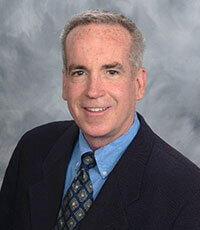
Duffin grew up in Northeast Philadelphia, then spent 30 years as a financial advisor, while continuing to pursue education, until he received his Ph.D. in social work from Bryn Mawr in 2010.
He didn’t know he wanted to be a teacher until, as a doctoral student, he was asked to teach a class. “It was horrible,” Duffin says with a laugh, “but eventually, I got to love teaching.” Four years ago, he sold his business and now teaches social policy and social work theory at Bryn Mawr’s School of Social Work as well as through Penn’s School of Social Policy & Practice, commonly called SP2.
Much of the coursework focuses on the problems of mass incarceration. The longer the period of imprisonment, the harder it is to return to daily life. And people re-entering society after incarceration face obstacles that go beyond just trying to get past job applications. Both state and federal laws restrict their access to grants, loans, and assistance programs for education and housing. They are also much less likely to get business loans.
People with criminal convictions are often ineligible for professional and commercial licenses. In many states, eligibility to vote is restricted until probation or parole are completed, which requires paying fees, even while employment prospects are limited by their criminal record.
Duffin has witnessed this cycle in his previous volunteer work with Project HOME, where he provided financial social work to people experiencing homelessness and poverty. “So often, the problem is not that they don’t know how to budget,” he explains. “Some of the people I have worked with are really good at budgeting; just the math doesn’t work, though. There’s no budgeting that’s going to make these columns line up properly.”
“I’ve been long-trying to marry these two things—financial advice and social work,” explains Duffin. “I am trying to help them navigate the systems that have been conspiring to make them fail.”
He sees the connection to resources as crucial. According to the US Bureau of Labor Statistics, roughly 20 percent of small businesses fail in their first year, while only half make it to five years. (These numbers represent businesses who hired employees, not individual entrepreneurs.) Even successful businesses don’t usually turn a profit for two to three years. And that number primarily represents businesses founded by individuals with access to investors, banking, and community support networks.
“I’ve been long trying to marry these two things—financial advice and social work,” explains Duffin. “I am trying to help them navigate the systems that have been conspiring to make them fail.”
His vision is that the support system PREP offers, including civic engagement and advocacy for individuals to help build their own businesses, will provide a sustainable solution for those transitioning back into society. The US Department of Justice reported that nearly 70 percent of people released from state prisons, regardless of the length of sentence, were rearrested within three years, and by nine years, 83 percent were back in the criminal justice system.
However, social entrepreneurship programs like PREP have demonstrated that putting business tools in the hands of formerly incarcerated individuals has an enormous impact on their future success. The Prison Entrepreneurship Program (PEP) operating in Texas prisons puts selected inmates through four months of business education. With over 2,600 graduates, the program boasts a 100 percent employment rate within 90 days of leaving prison and a recidivism rate of just 8.3 percent over three years.
Defy Ventures, operating primarily in New York and California, puts former inmates through a two-month training program, after which they are eligible for a 12-month entrepreneurship program where they compete for grants. The one-year recidivism rate for graduates is less than 8 percent, compared to 30 percent for the US overall.
The big pitch
For the pitch session of his class, held on Zoom, Duffin recruited investors from Philly’s social impact investing community to critique and offer advice to the presenters. There was Garrett Melby, co-founder of GoodCompany Ventures, a nonprofit that works with social entrepreneurs; members of the Philadelphia Social Venture Circle, which invests in early-stage companies with a social impact; these social impact investors, or “angel” investors, offered critiques, advice, and the possibility of funding for clients.
The panel also included Frederick Hutson, CEO and founder of Pigeonly, a platform for people to search, find, and communicate with an incarcerated loved one. Hutson offered his own guidance as a previously incarcerated entrepreneur.
The clients, coincidentally all male, each took about 10 minutes to present their business plan; after, there was a discussion with the panel about the pitch’s strengths, weaknesses, and what their next steps should be.
“I wanted to build connections between [Penn students] and this community so they could maybe later become advocates, become more sensitive to these needs, and care more,” Duffin says.
Client Lamont Coker, originally from Norfolk, Virginia, is a founding partner of Good Guyz Home Improvement, a West Philly-based contractor. Coker was drawn to the class as an opportunity to upgrade and expand his small business while also building his marketing skills and presentation abilities.
Client Antonio Richardson-Jones, 28, proposed a non-emergency medical transportation service called Corroborate. He wants to provide reliable, community-based transportation to people of all ages who need to get to medical appointments, including substance abuse treatment and mental health care.
 Richardson-Jones highlighted the negative effects on health when medical appointments are missed, the inability for many people with disabilities to take public transit, the high cost of medical transportation, and the gift of independence that his service would provide to people in need during his presentation. “It was a wonderful experience and I learned so much,” he says. “I got a lot of inspiration from the students as well.”
Richardson-Jones highlighted the negative effects on health when medical appointments are missed, the inability for many people with disabilities to take public transit, the high cost of medical transportation, and the gift of independence that his service would provide to people in need during his presentation. “It was a wonderful experience and I learned so much,” he says. “I got a lot of inspiration from the students as well.”
Another client, Karim Williams, is the 40-year-old founder and CEO of Trust Da Brand, a line of clothing whose ethos is trust and community. Williams, born in North Philadelphia and raised in West Philadelphia, started his business in February 2020 out of his love of fashion and desire to foster trust within his community. Williams is on Facebook and Instagram and his clothing is available for sale at 48th and Market, where he also operates his food truck, Trust Da Taste.
Williams worked with Penn sophomore Naomi Boruchowicz, a communications major, who like her client had launched her own streetwear venture. “It was perfect, because I had gone through the process of creating a streetwear brand, so I could help even more,” she says.
MORE ON LOCAL BLACK ENTREPRENEURSHIP
Burris worked with Penn student Lizze McDonald, a first year’s masters of social work student at SP2 who could also relate to her client’s plan because she had done her first social work placement at a drug and alcohol program. “The LGBTQ community has been underserved in this department,” Burris says of his project. “I hope that I can change that with the help and knowledge I’ve learned from this experience, and I’m beyond grateful.”
Since the class ended, PREP has continued to provide a support system with the help of volunteers, offering expert consulting and steering clients to possible funding opportunities to turn their ideas into functioning and, hopefully, successful businesses. Both McDonald and Boruchowicz are hoping to continue working with PREP.
Still, Duffin is not naive; he knows access to capital is necessary for any of his clients to succeed. While Duffin was able to obtain commitments from his panel of impact investors to provide guidance for his clients, it remains to be seen whether they can find a path to financially back entrepreneurs.
The course is scheduled to run again in the spring of 2022. By then, Duffin hopes to round up commitments from potential funding sources, to help both these current and future clients.
“It’s been a challenge,” he says, “but I feel all seven clients got something of real value through the process. There is no doubt that the process itself was an intervention; it was a support that, in my view, will much more likely prevent them from going back to prison.”
The Citizen is one of 20 news organizations producing Broke in Philly, a collaborative reporting project on solutions to poverty and the city’s push towards economic justice. Follow the project on Twitter @BrokeInPhilly.
Header photo: Kamal Williams (red hat) and his fellow classmates huddle during a virtual PREP class.

